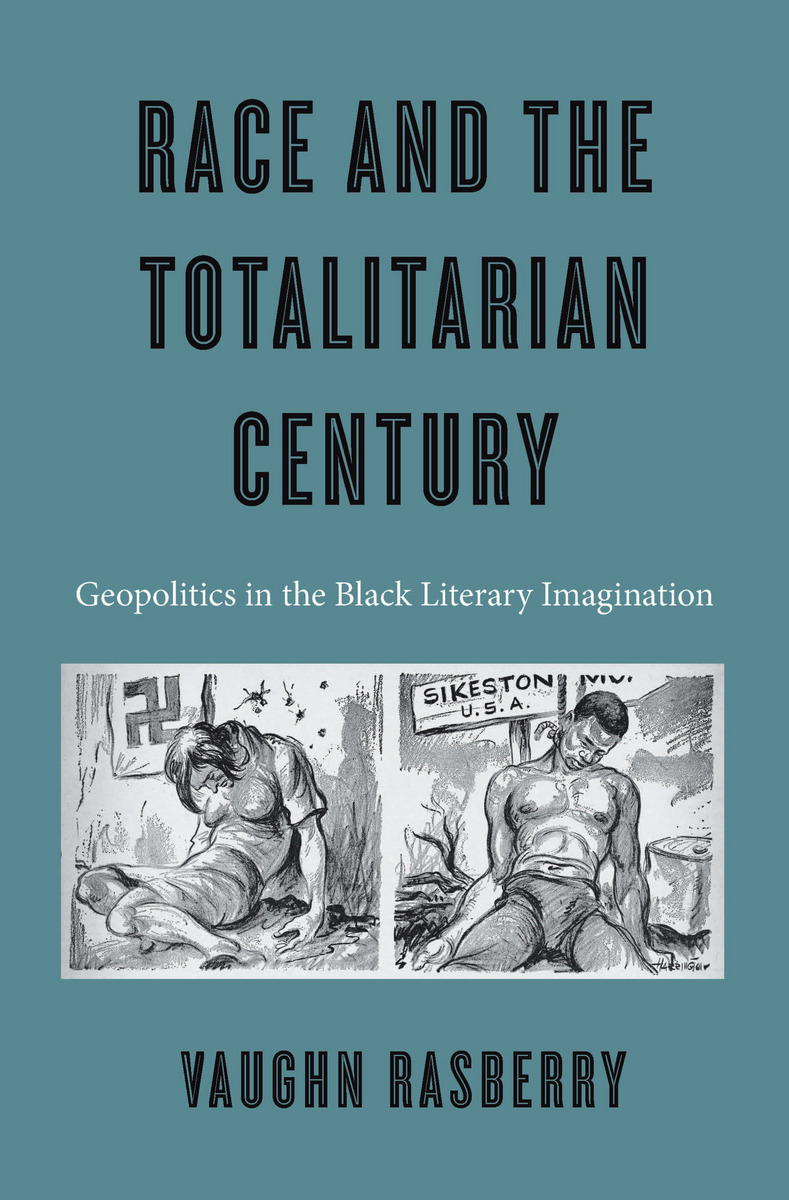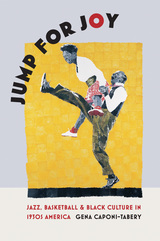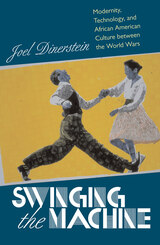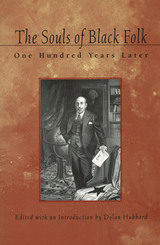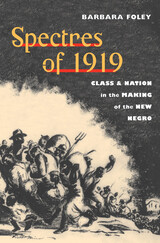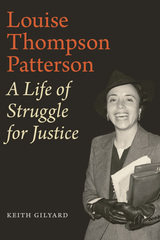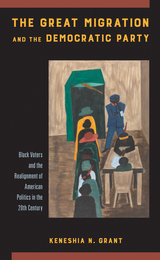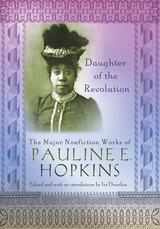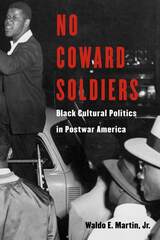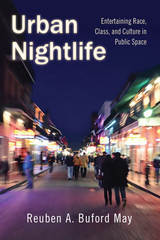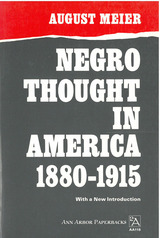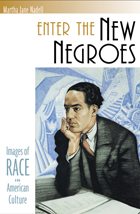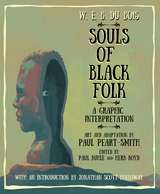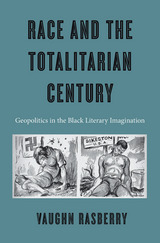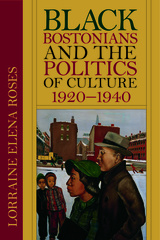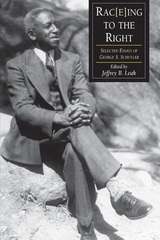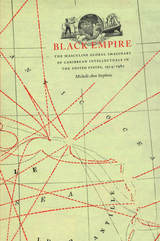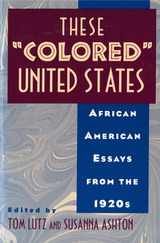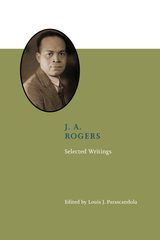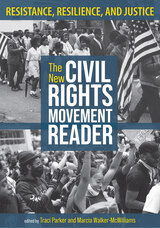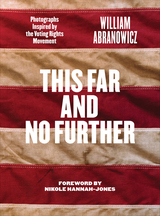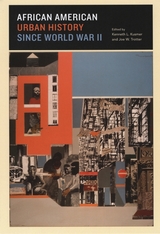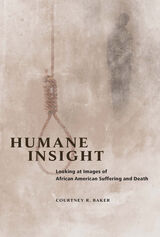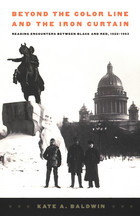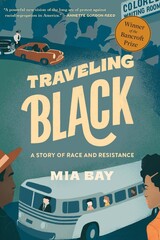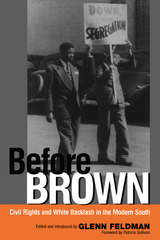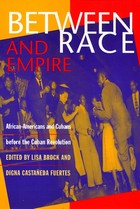Vaughn Rasberry’s Race and the Totalitarian Century is a powerful meditation that reveals the complexity and nuance of the African American diasporic literary imagination. This is no ordinary re-reading of classics, nor is it a slight gesture toward a transnational theory of race, writing, and politics. It is instead a close reading that manifests itself in a theoretically sophisticated analysis of race literature’s relationships to Cold War totalitarianism. With this book, Rasberry introduces himself as part of the new generation of critical theorists who are unapologetically broadening the scope, reach, and relevance of the African American literary canon.
-- Jonathan Holloway, Yale University
Vaughn Rasberry has written one of the most important books in diaspora studies in a generation. Race and the Totalitarian Century is a riveting and entirely new intellectual history of the Black twentieth century. This book matters at the most basic level—the lived experience of the struggle for freedom.
-- Bill V. Mullen, American Studies, Purdue University
This is a blazedly learned book with highly sophisticated thinking about ‘race,’ totalitarianism, colonialism, Communism, liberalism, and more, yet one devoid of preening and needless displays of erudition. Rasberry’s moral vigor and clarity, the subtle archeology of his research into well-kept secrets, his supreme command of the facts, and the profound relevance of this project to current trends in scholarship keep it intellectually riveting throughout.
-- Alan Wald, University of Michigan
Vaughn Rasberry has captivatingly narrated twentieth-century Black letters through the lens of the Cold War, anticolonialism and Civil Rights. With an adept and detailed consideration of international political history ranging from the Suez Canal Crisis to West African independence struggles, Rasberry reads global Black literature at the crossroads of liberal democracy and communism, modernity and tradition. I highly recommend this brilliant and distinctive text for all students and scholars of Black diasporic history, politics, and literature.
-- Imani Perry, Princeton University
Masterful…Race and the Totalitarian Century paints a nuanced, sympathetic, but not uncritical picture of this rich midcentury African-American and Third World literary tradition. Rasberry teases out writers’ complicated political views with clarity and verve, taking care to examine the contradictions and dangers of those views just as much as their promise. In doing so, he reconstructs a vital set of ideas and debates to fill in an important piece of the puzzle of 20th-century American thought. Above all, he offers a provocative account of the political and imaginative value of literature as a way to envision alternative futures in a nation both entangled in global conflict and roiled by domestic protests against racial violence…Race and the Totalitarian Century is such an important book because it adds crucial dimensions to our picture of that midcentury period that feels eerily relevant today. Throughout the presidential election and in its wake, critics and historians have felt increasingly moved to evaluate the totalitarian tenor of our times…What’s missing from this conversation, which draws heavily on the ideas of European émigrés like Hannah Arendt and Theodor Adorno, is the vibrant homegrown critique of totalitarianism that emerged in midcentury African-American literary and print culture, from Du Bois to Langston Hughes to Ann Petry to Gwendolyn Brooks. These writers’ unique perspectives on racial domination and totalitarian rule deserve to play a central role in our political thinking today, in both the academic and the public spheres. With Race and the Totalitarian Century, Rasberry brings their voices to the fore. We would do well to listen.
-- Andrew Lanham Los Angeles Review of Books
Capacious, ambitious, and meticulously researched…Rasberry expands the contours of the black geopolitical imagination to include not only Africa and its diaspora but Russia, the Middle East, and Asia as well. In this way, Race and the Totalitarian Century illuminates under-attended-to geographies of black internationalist thought at mid-century and—by foregrounding the life and work of Shirley Graham—makes a significant contribution to black women’s intellectual history as well…Race and the Totalitarian Century resonates with and provides important insights for our current geopolitical moment, particularly the rise of Islamophobia, white nationalism, and the ways in which the condition of blackness has always necessitated a moving within and against the nation-state to imagine alternative and more just futures.
-- Jarvis C. McInnis Public Books
